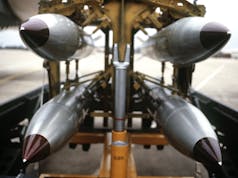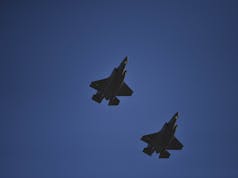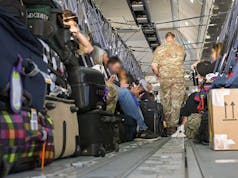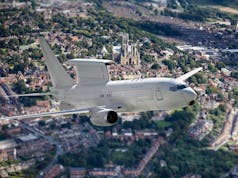Babcock emergency response teams on the front lines in Spain and Italy are helping UK air ambulances develop new ways of boosting safety and on-board patient care in the fight against COVID-19, say the firm.
The UK’s network of air ambulances plays a critical emergency response role, bringing hospital-level treatment to patients and saving lives every day. Now Babcock, who operates a fleet of over 20 charity-funded air ambulances across Scotland, England, Ireland and Wales has unveiled new technologies to help UK air ambulance teams battling the virus.
“By drawing on the experience and innovation of Babcock air ambulance experts in Spain, Italy and France, the company created a new framework system, allowing UK H145 air ambulances to fly with specialist patient isolation pods. The system allows isolation pods to work seamlessly with the on-board medical systems, giving emergency teams a new level of confidence and allowing first-class on-board patient care. Babcock teams working with similar systems in Italy, Spain, and France, have been sharing experience and knowledge gained during their own fight against the virus.
At the same time Babcock engineers across the UK and Spain have collaborated to design and develop a new on-board barrier which effectively separates the medical teams from the flight crews on all their international fleet of air ambulance helicopters. This critical new safety measure provides a new level of protection for teams on-board the lifesaving aircraft. The barrier was initially designed in Spain by Babcock specialists working with clinical experts. Now it has been customised by teams in Staverton, Gloucestershire, and following rapid prototyping by Babcock in Devonport the system is fully approved for use on EC135, H145 and AW109 air ambulance helicopters.”
Babcock Engineering Project Manager, Steve Hughes, whose team has been working on the projects, said:
“Projects like these would normally take several months but, using new guidance from the European Union Aviation Safety Agency (EASA) and the UK Civil Aviation Authority, we have accelerated this process to just a few weeks. It’s a fantastic achievement by everyone involved, being able to offer this capability will make a huge difference. We’ve been working with teams all over the world, throughout the industry to fast-track developments in the fight against COVID-19 and to keep our air ambulances flying. I’m really proud of what we’ve all achieved together. I think some of the lessons learnt here will change how we work forever.”












